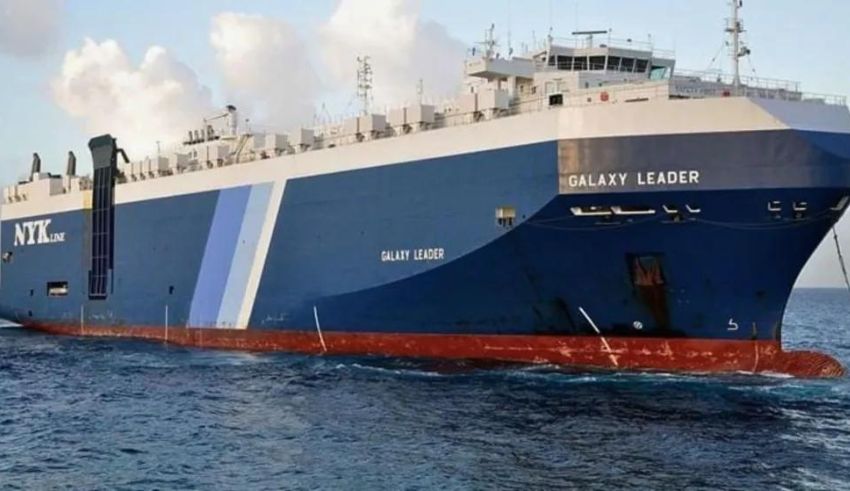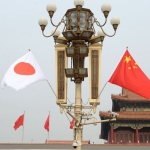
In a recent twist of events, Japan strongly denounced the hijacking of a cargo ship, the Galaxy Leader, operated by Nippon Yusen, in the Red Sea by Iran-backed Houthi rebels. Tensions escalated as the Yemeni militia initially claimed the ship was Israeli, sparking concerns over regional stability.
The Galaxy Leader, en route to India, was unlawfully boarded near Hodeida, Yemen, by military personnel descending from a helicopter, as reported by Galaxy Maritime Ltd, the ship’s owner. This incident has drawn global attention, highlighting the intricate geopolitics in the strategically vital Red Sea.
Israeli Prime Minister Benjamin Netanyahu swiftly attributed the hijacking to Iran, labeling it an “Iranian attack on an international ship.” However, both Japan and Israel clarified that the vessel was not Israeli. Japan’s Chief Cabinet Secretary, Hirokazu Matsuno, emphasized commitment to the ship’s release, collaborating with relevant countries and urging international intervention.
Keep Reading
The incident underscores complex geopolitical dynamics, with Iran-backed Houthi rebels engaged in a prolonged civil war with Yemen’s official government, supported by Saudi Arabia, since 2014. The Red Sea witnesses heightened military activities, raising concerns about international shipping lane safety.
The United States condemned the Houthi seizure as a “flagrant violation of international law.” Matthew Miller, a US State Department spokesperson, called for the immediate release of the ship and its crew. The US, considering the Red Sea a vital global commerce route, seeks regional stability.
As the situation unfolds, the international community closely monitors developments, apprehensive about the impact on maritime trade and broader regional security. The Galaxy Leader’s hijacking prompts questions about current maritime security measures and the necessity for coordinated efforts to address challenges in the Red Sea, where geopolitical tensions intersect with crucial maritime routes.


























